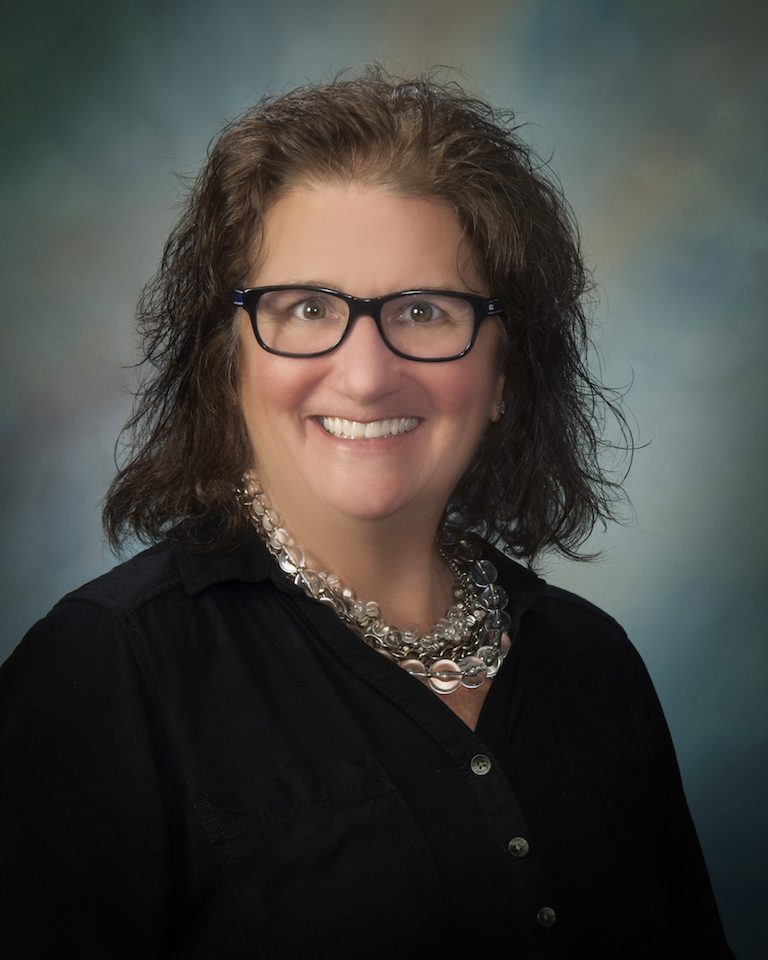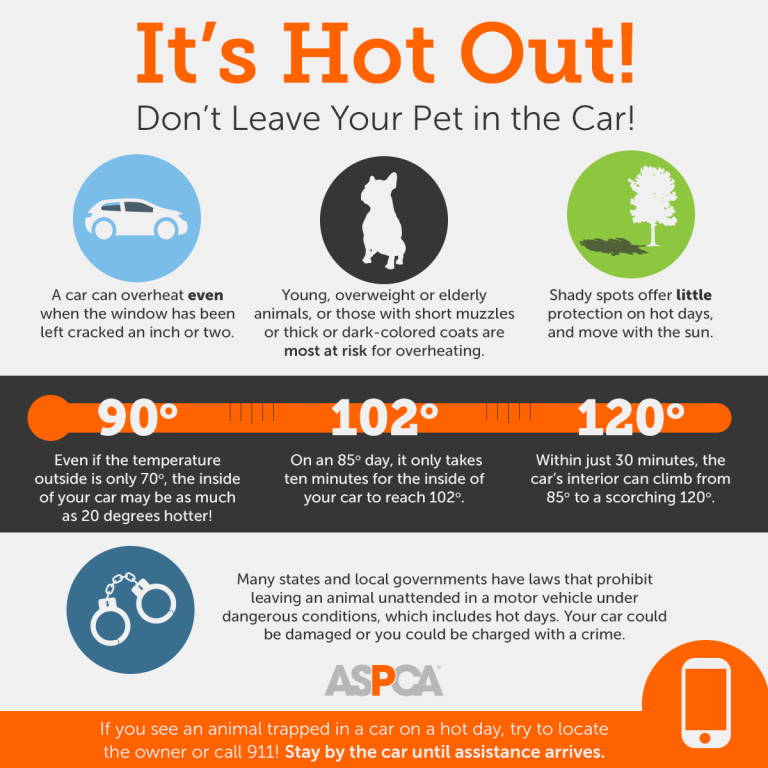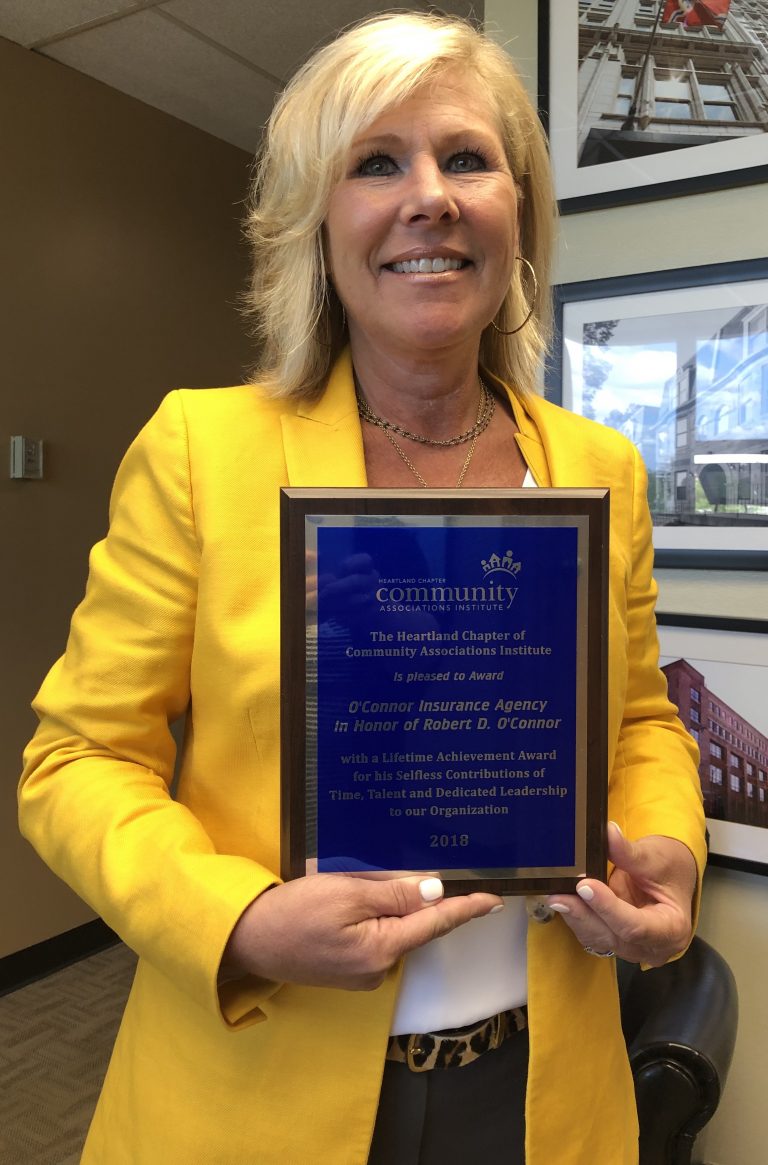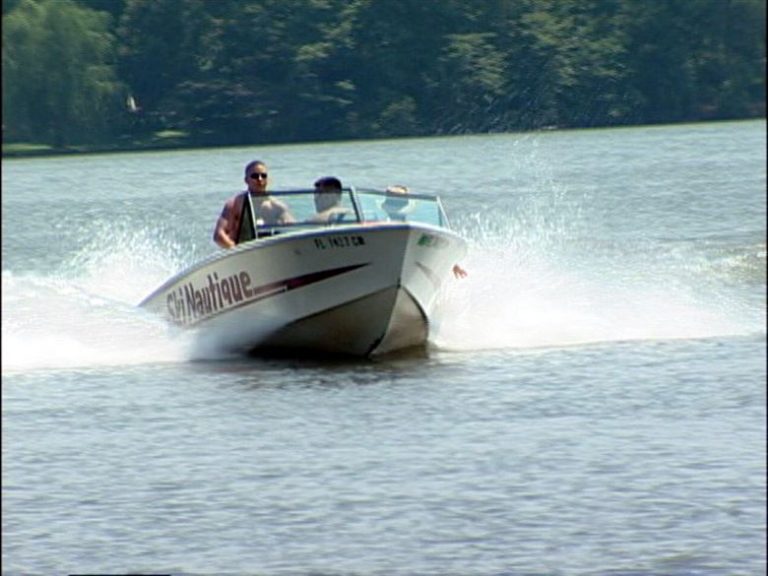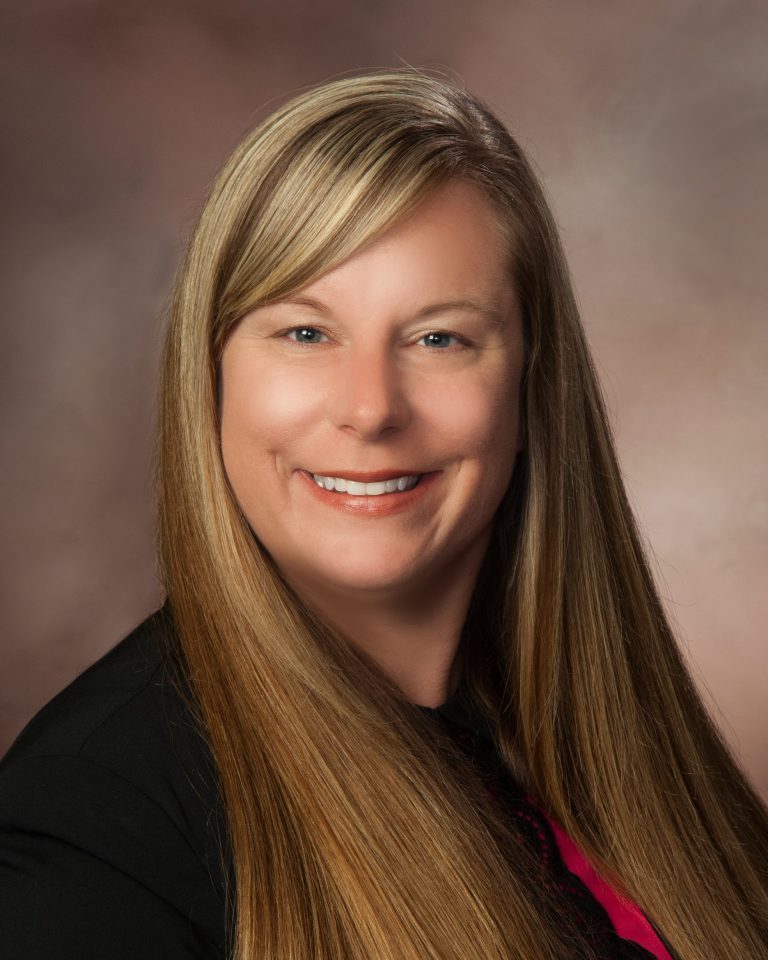Karen O’Connor Corrigan Named MAIA 2020 Insurance Person of the Year
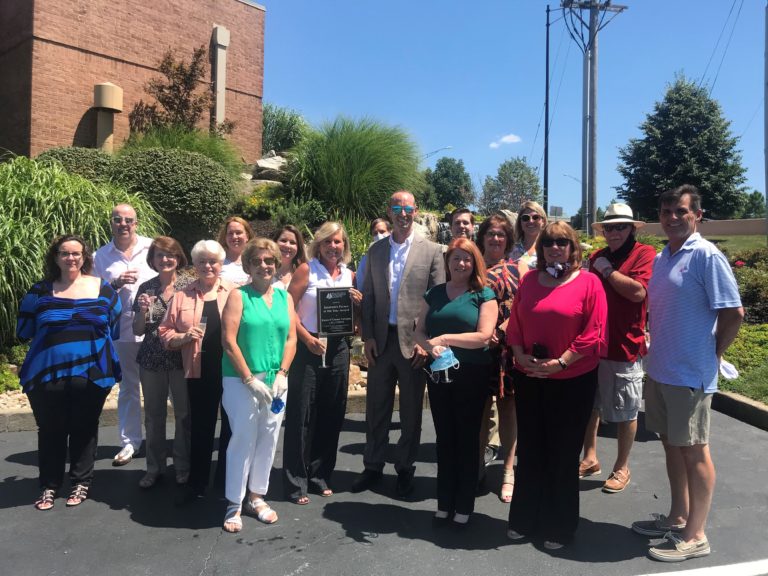
O’Connor Insurance is proud to announce that Karen O’Connor Corrigan, President and Owner, has been named 2020 Insurance Person of the Year by the Missouri Association of Insurance Agents (MAIA). This award is presented to an individual who has significantly…



